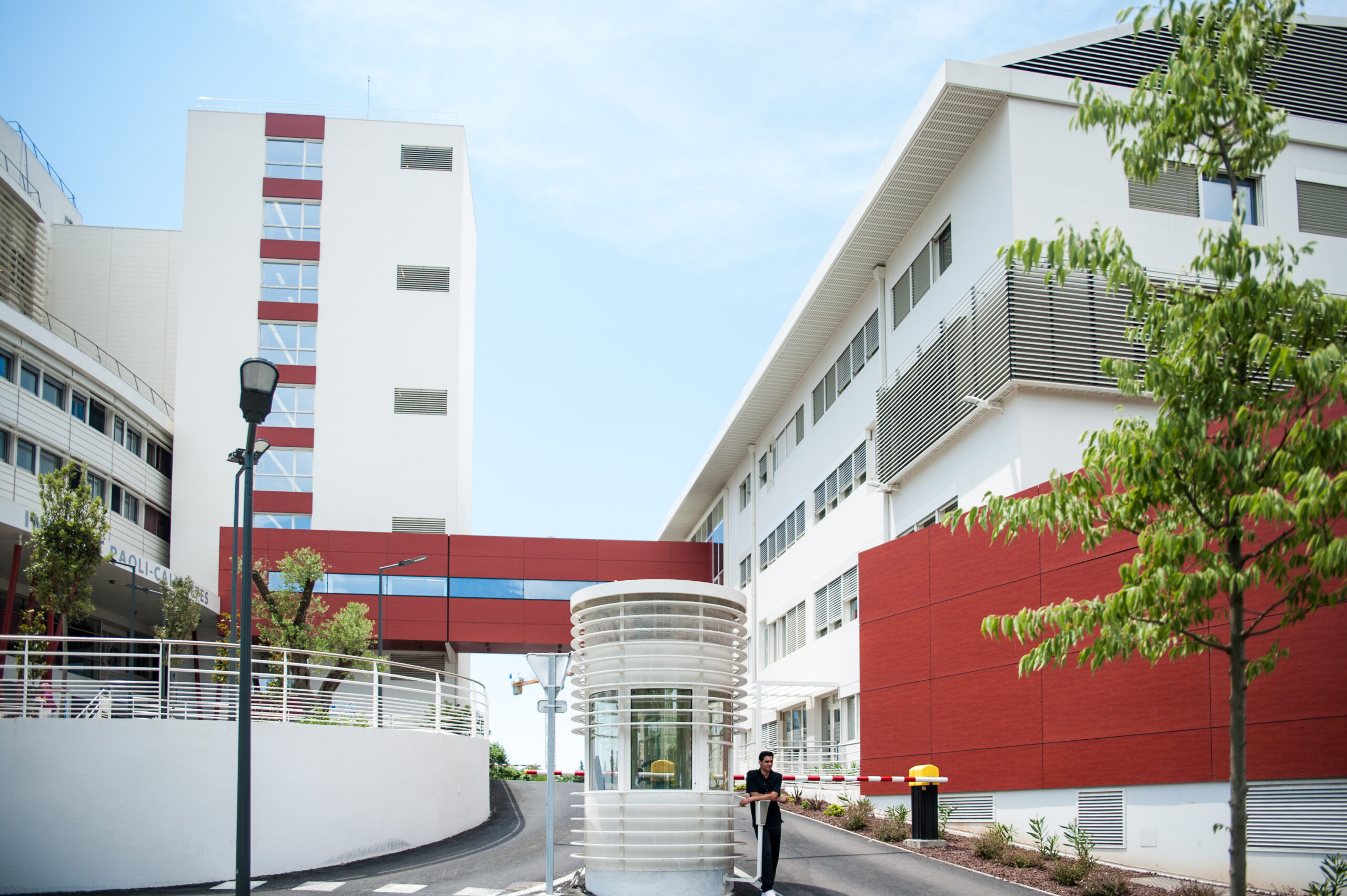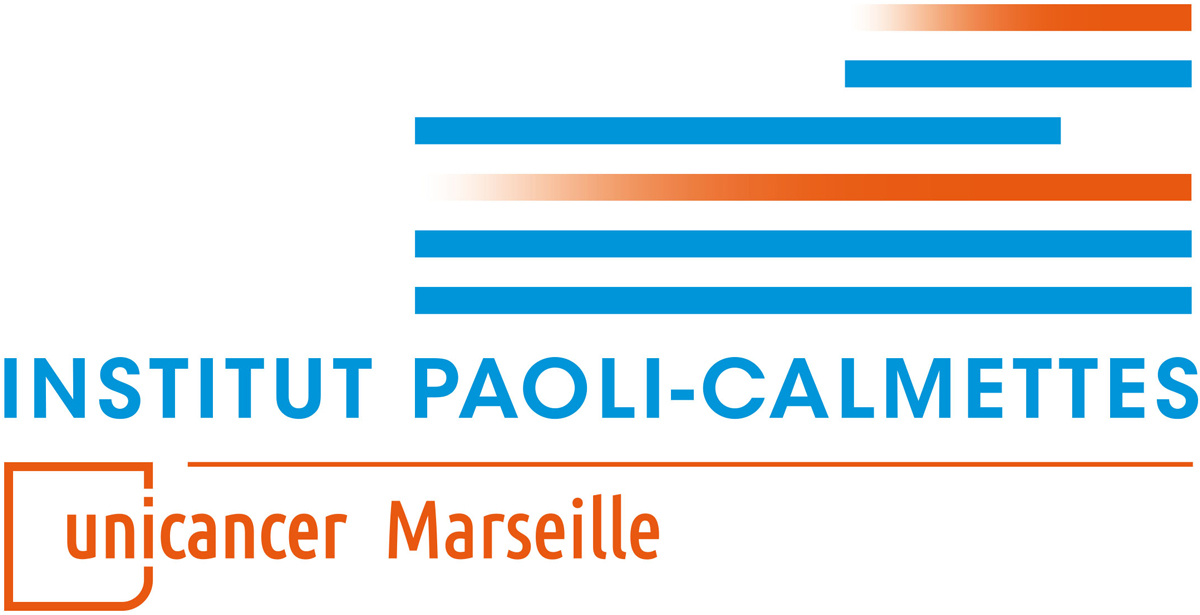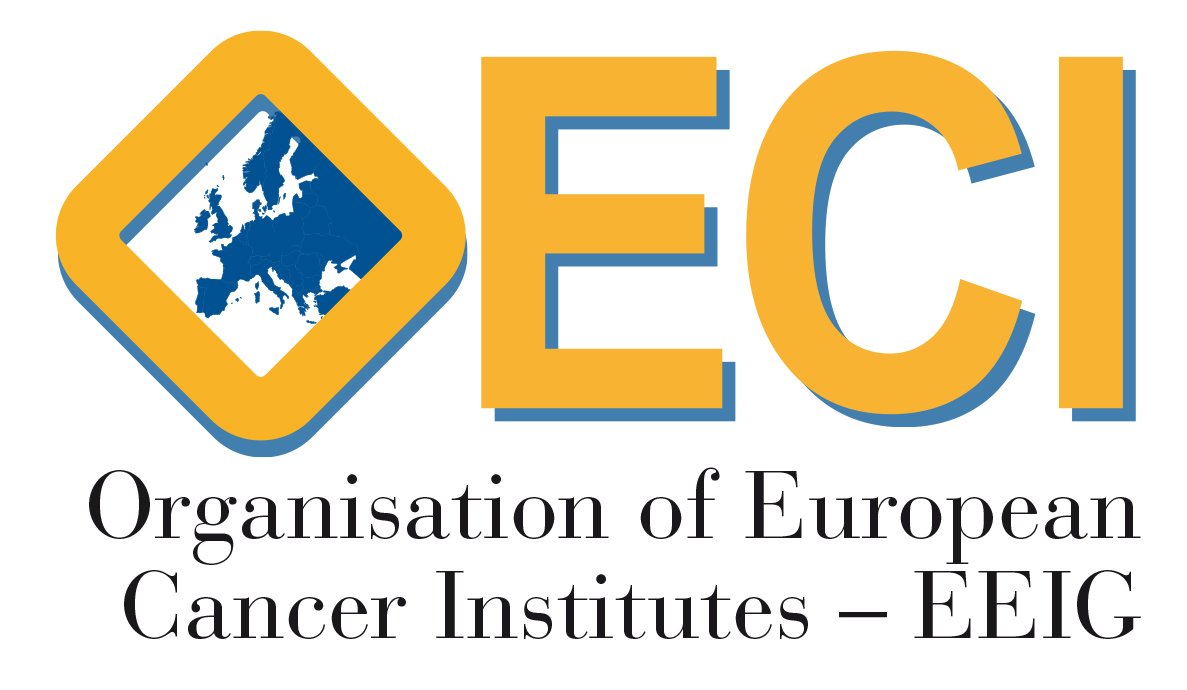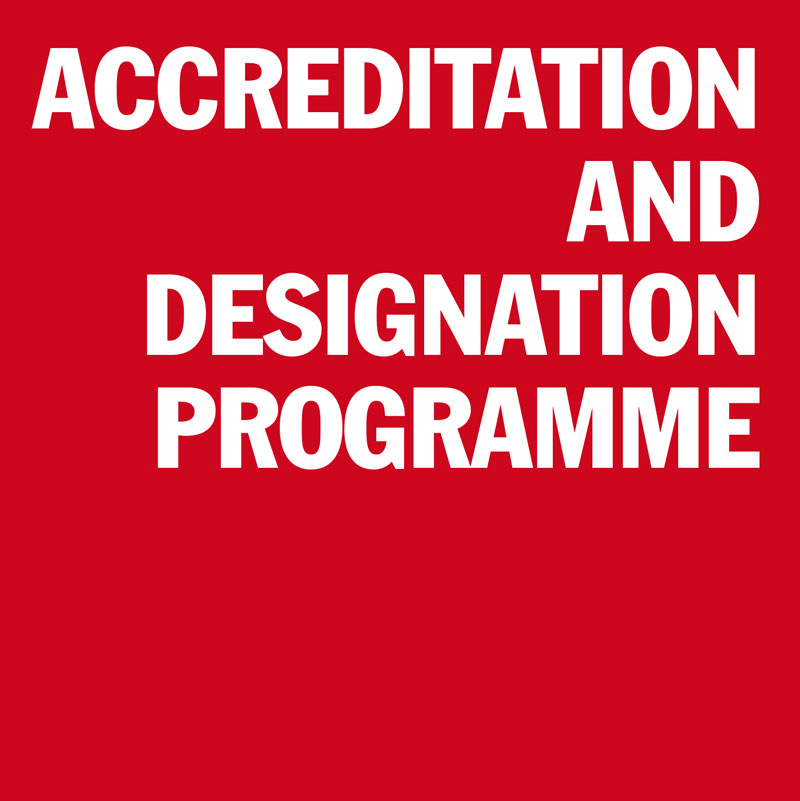Excellent Practices
Recognising the expertise of patients and evaluating the involvement process
Practice Category: Patients
Centre: Institut Paoli-Calmettes

Martine Bouyssie
bouyssiem@ipc.unicancer.fr

Challenge which the practice addresses
The active participation of users in the French health system and their knowledge of their rights to information are bringing changes to the positioning and behaviour of health professionals. In order to reinforce and promote innovative actions of partnership with patients whose common denominator is the individual and collective rights of health users, Institute Paoli Calmettes (IPC) has changed its conception of the relationship with patients. The main aim was to position the patient as an actor in their care and safety by recognising the expertise of patients and evaluating the involvement process. Another aim was to integrate the patient as a member of the team of health professionals and to take action together.
Solution
Patients have been participating in the life of the institution since 2002 with the creation of a Patients’ Committee. After some evolution, the institution’s strategic orientation today integrates health democracy. In the 2017-2022 IPC Project, Quality Policy and Risk Management contains three parts, including one specific chapter on risk management, by optimising the safety culture, with one specific section on patient experience. A crucial focus is on the recognition of the patient partner in their own care and safety, especially the training and the value of interactive approaches and patient involvement.
Today, involving patients in our organisation is at the core of the health democracy axis of the present IPC Medical Strategic Project, and we try to build with patients, and not for them. From an operational point of view, some specific actions are in place such as the organisation of internal audits or the participation of the members of the Patient’s Committee in questioning patients to collect their feelings on the quality of the care.
Impact
The patient provides a different but complementary perspective to traditional clinical decision-making bodies. There is an interaction between the culture of the patient’s experience and the hospital world with its regulations and financial requirements, with a co-construction approach.
Step by step the patient’s presence spreads naturally throughout the establishment: its committees, its activities, and its projects including the promotion of the expert patient within IPC. Today, after a training course, patients carry out some internal audits and facilitate the conception/design and the implementation of a new organisation of care or process. The integration of the users project is a recognition of such sharing.
We assess patient experience in four areas (information, consultation, involvement and cooperation), which show patients’ perception in their involvement. This assessment depends on patient ability and desire to be involved in their pathway. We have added these levels to the satisfaction survey that patients complete when they leave.
Critical success factors
- Prepare teams for a culture change.
- Initial actions towards patient engagement can be initiated and carried out by local teams independently.
- Implementation at the level of the institution and any initiative that is intended to be sustainable requires the support of IPC’s Management and other bodies of the governance of the Comprehensive Cancer Cente
- The success factors need to follow the following steps:
1/ Identify patient profiles and increase recruitment channels
2/ Build the partnership between patients and professionals
3/ Value patient or professional feedback
4/ Facilitate the involvement and commitment by professionals - The patients can help healthcare professionals to :
– Make a shared diagnosis and be proactive, that is to say best practices
– Make proposals about appropriate organisation
– Ensure that the organisation is compliant
– Identify adverse events associated with care and report them as soon as possible.
Next steps
Other projects are being prepared, in particular the patient analysts who are able to analyse the root causes of organisational adverse events. More recently, patients have been included in a working group tasked with collecting actions to improve care of disabled patients.
A training course has been developed for three members of the Patients Committee, and three user representatives also attended. Now they are carrying out some analyses with health professionals. Other patients have been trained to support professionals in improving the care pathway using the French National Authority for Health (HAS) assessment methods.


